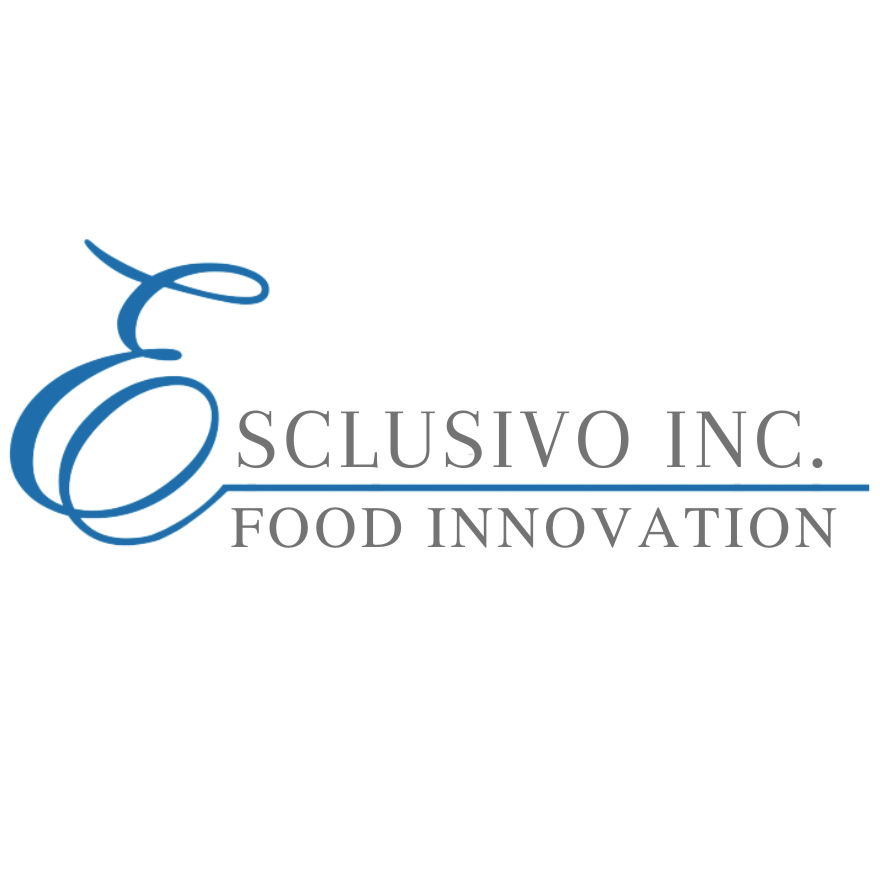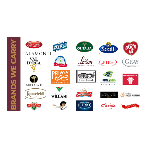Logistics Manager
Job Description
Description
The Logistics Manager is responsible for overseeing the entire logistics operations of the company, managing both the in-house logistics team and coordinating with third-party logistics providers. This role includes optimizing the movement, storage, and distribution of food and beverage products such as meat, seafood, cheese, wines, and dry goods, while ensuring compliance with food safety standards. The Logistics Manager will focus on delivering products on time, within budget, and according to customer specifications.
Key Responsibilities:
1. In-House Logistics Management:
- Oversee daily logistics operations, ensuring that the in-house logistics team (drivers, warehouse staff, and coordinators) is working efficiently to meet delivery schedules.
- Monitor warehouse activities including receiving, storing, and dispatching products, with a focus on inventory accuracy and maintaining FIFO/LIFO processes.
- Develop and implement best practices for warehouse and transportation efficiency to reduce costs and improve service levels.
- Lead and train the logistics team to ensure adherence to operational standards and enhance their performance.
2. Third-Party Logistics Coordination:
- Manage relationships with third-party logistics (3PL) providers, ensuring they meet service agreements and quality standards.
- Negotiate contracts and rates with 3PL partners for transportation, warehousing, and distribution services, ensuring cost efficiency and timely delivery.
- Coordinate inbound and outbound shipments with 3PLs, ensuring timely collection, transfer, and delivery of goods.
- Regularly evaluate the performance of 3PL providers and address any operational challenges or inefficiencies.
3. Supply Chain Optimization:
- Plan and optimize delivery routes, transportation schedules, and vehicle utilization to minimize costs and improve delivery times.
- Monitor logistics KPIs such as delivery times, transportation costs, order accuracy, and customer satisfaction, making adjustments to improve overall performance.
- Collaborate with the procurement and sales teams to forecast demand and ensure optimal stock levels are maintained across all distribution points.
4. Compliance & Food Safety:
- Ensure that all logistics operations adhere to local and international food safety regulations, including the proper handling of fresh, frozen, and dry goods.
- Maintain compliance with health and safety standards, especially in food handling, transportation, and storage.
- Prepare for and participate in any audits or inspections related to food safety, warehousing, and logistics operations.
5. Budget & Cost Management:
- Manage the logistics budget, tracking all logistics costs and identifying opportunities for cost reduction without compromising service quality.
- Proactively manage cost-effective sourcing for transportation and storage solutions, both in-house and through third-party providers.
- Prepare regular financial and operational reports, highlighting key logistics metrics and financial performance.
6. Continuous Improvement & Reporting:
- Identify and implement process improvements within the logistics function to streamline operations and reduce inefficiencies.
- Prepare and present weekly/monthly logistics reports to senior management, analyzing performance metrics and recommending improvements.
- Stay updated with trends and developments in logistics, supply chain management, and transportation, and apply best practices to operations.
7. Coordination with Other Departments:
- Collaborate with the sales and customer service teams to ensure that customer delivery requirements are met and any issues are resolved swiftly.
- Work closely with the procurement and R&D teams to align logistics operations with product launches, seasonal demand, and special customer requirements.
- Ensure smooth coordination between logistics, production, and warehouse teams to maintain stock availability and timely delivery.
Requirement
Qualifications:
Education & Experience:
- Bachelor’s degree in Logistics, Supply Chain Management, Business Administration, or a related field.
- 5+ years of experience in logistics management, preferably in the food and beverage industry.
- Experience working with both in-house logistics teams and third-party logistics providers (3PLs).
Skills & Competencies:
- Strong understanding of food safety standards and cold chain management, especially for handling perishable products.
- Excellent leadership skills with experience in managing and developing in-house teams.
- Proficiency in logistics and warehouse management software (WMS) and systems such as ERP, SAP, or similar.
- Strong negotiation and communication skills to manage third-party providers and internal stakeholders.
- Ability to analyze and optimize logistics operations to meet performance and financial targets.
- Knowledge of inventory control, order processing, and distribution planning.
- Problem-solving skills and the ability to make decisions under pressure, particularly in high-demand logistics environments.
Additional Requirements:
- Ability to work in a fast-paced environment with a high degree of complexity.
- Willingness to travel to warehouses, distribution centers, and logistics partners when needed.
- Knowledge of local regulations related to transportation, logistics, and food handling.
Charlie Ednave
HR OfficerEsclusivo Inc.
Active this week
Working Location
GF & 2nd Floor, Esclusivo Inc. 1357 Candelaria Street, Santiago Village, Makati, Metro Manila, Philippines
Benefits
Employee Recognition and Rewards
Performance Bonus
Government Mandated Benefits
Paid Holidays, Philhealth, SSS/GSIS
Insurance Health & Wellness
HMO
Perks Benefits
Company Equipment, Employee Discount
Time Off & Leave
Bereavement Leave, Birthday Leave, Maternity & Paternity Leave, Sick Leave, Vacation Leave
Posted on 27 September 2024
Explore similar jobs
See moreOrder Shipping and Billing Team Lead
 Megavia Motor Co. Inc.
Megavia Motor Co. Inc.On-site - Quezon City1-3 Yrs ExpBachelorFull-time
₱20-25K[Monthly]

Jasreen AustriaRecruiter
Logistics and Motorpool Supervisor
 Firmbuilders Inc.
Firmbuilders Inc.On-site - Mandaluyong5-10 Yrs ExpBachelorFull-time
₱20-30K[Monthly]

Firmbuilders Inc.Recruiter
Materials and Logistics Manager (Makati; php55k-php60k)
 Dempsey Resource Management Inc.
Dempsey Resource Management Inc.On-site - Quezon City5-10 Yrs ExpBachelorFull-time
₱55-60K[Monthly]

Michelle EstebanTalent Acquisition Manager
Meat Merchandiser
 Attila, Incorporated
Attila, IncorporatedOn-site - MakatiNo Exp RequiredHigh/Senior High SchoolFull-time
₱10-15K[Monthly]

HR RecruitmentHR Analyst Recruitment
Roving Merchandiser
 A and S Workers Inc.
A and S Workers Inc.On-site - Makati<1 Yr ExpHigh/Senior High SchoolFull-time
₱10-15K[Monthly]

Christine Amor IrayHR Officer
Sign In to Chat with Boss
Bossjob Safety Reminder
If the position requires you to work overseas, please be vigilant and beware of fraud.
If you encounter an employer who has the following actions during your job search, please report it immediately
- withholds your ID,
- requires you to provide a guarantee or collects property,
- forces you to invest or raise funds,
- collects illicit benefits,
- or other illegal situations.

